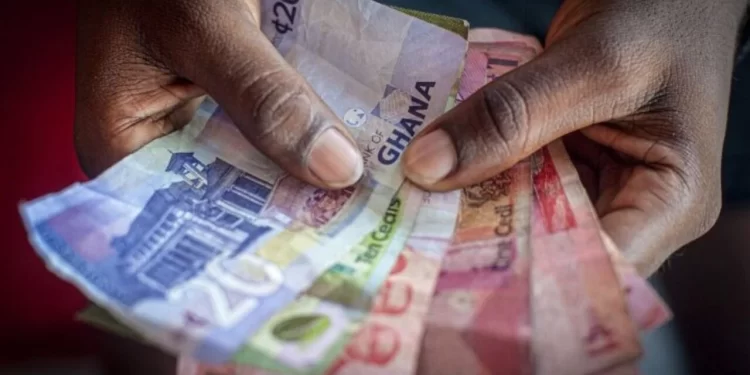Given the wave of inflationary pressure which has remained elevated in the country, Ghana’s central bank raised its benchmark interest rate to 24.5 percent, the highest level since 2017.
This is according to the press release by the Bank of Ghana Monetary Policy Committee, dated October 6, 2022.
The decision by the monetary policy committee to raise the cost of borrowing by 250 basis points to 24.5% was due to the heightened risk of inflation. The bank recognizes that the sustained inflation is mainly from the pass-through effects of the country’s currency depreciation, rising inflation expectations, and the recent upward adjustment in utility charges.
Considering that the headline inflation accelerated to 33.9 percent in August 2022, from 31.7 percent in July and 29.8 percent in June, with core inflation surging to 32.6 percent, the bank’s move is consistent with this trend. Nevertheless, the bank acknowledged that the pace of inflation has slowed down as monthly inflation declined for 4 consecutive months.
The Committee affirmed that inflation expectation across consumers, businesses, and financial sectors has increased and is committed to re-anchoring inflation expectations and returning to a disinflation path, central bank governor Ernest Addison told said.
The report shows that year-to-September 2022, the Ghana Cedi depreciated by 37.5 percent, 24.1 percent, and 27.5 percent against the US dollar, the pound, and Euro, respectively. Also, the gross external reserves declined to US$6.6 billion, implying 2.9 months of import cover for goods and services in September 2022. This resulted in a hawkish rate hike that was more than the median estimate of nine economists in a Bloomberg survey for an increase of 150 basis points.
The bank noted the wave of monetary policy tightening stance by most central banks across advanced economies and the strengthening of the US dollar against other major international currencies. It said the US Dollar has appreciated by some 15 percent.
This strengthened dollar has severe implications for the weak cedi, however, the bank expressed the belief that the pressure on its local currency will be contained given some financial intervention the country has secured. The bank said:
“The outlook for the Ghana Cedi has improved, aided by the recent disbursement of the loan from Afreximbank of US$750 million, the signing of the syndicated Cocoa Loan of US$1.13 billion, and the agreement with gold and oil companies to purchase the repatriated foreign exchange earnings of about US$83.9 million so far, will help stabilize the exchange rate.”










